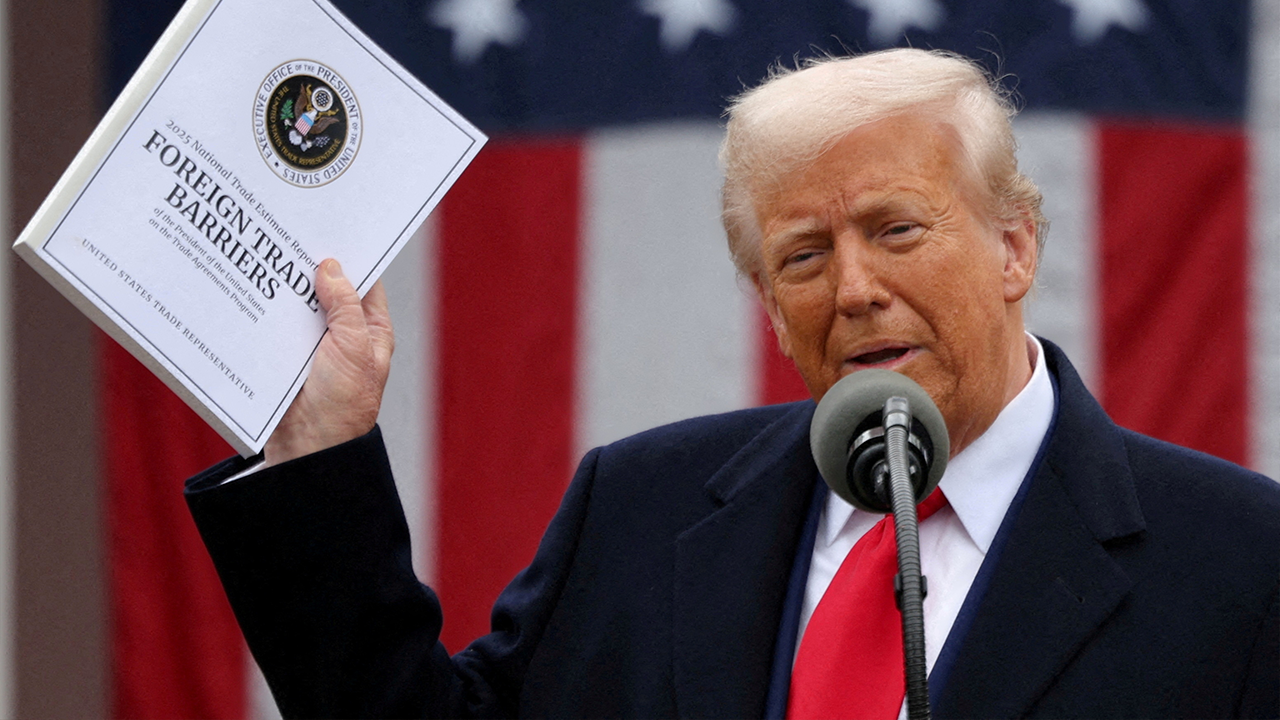Trump asks appeals court to pause US tariff block for now, in second case of its kind

The Trump administration is currently embroiled in a legal battle to pause a second court ruling that blocked President Donald Trump’s sweeping reciprocal tariffs, a key economic policy of his second term. The administration filed a new appeal on Monday in the U.S. Court of Appeals for the D.C. Circuit, following a similar challenge in the U.S. Court of International Trade (CIT) in New York and the U.S. Court of Appeals for the Federal Circuit in Washington.
At the heart of the matter is Trump’s use of the International Emergency Economic Powers Act to implement his “Liberation Day” tariff plan. This plan, announced on April 2, includes a 10% baseline tariff on most U.S. trading partners and a reciprocal tariff against other countries.
Last week, a three-judge panel at the CIT unanimously struck down Trump’s use of the emergency law to impose widespread tariffs, stating that the statute does not grant him unlimited power to implement tariffs. However, the decision was promptly stayed by the U.S. Court of Appeals, allowing the tariffs to remain in effect.
In a lesser-known ruling on the same day, U.S. District Judge Rudolph Contreras deemed Trump’s tariffs unlawful under IEEPA. Although this case focused on harm to two small businesses rather than the broader tariff plan, it gained attention on Monday when the Justice Department filed an appeal in the U.S. Court of Appeals for the D.C. Circuit.
The administration’s lawyers argued that the judge’s ruling undermines Trump’s ability to use tariffs as a negotiating tool in trade talks, which are currently in a delicate phase. They emphasized that the tariffs serve as a credible threat in negotiations and that invalidating them could disrupt ongoing talks with trading partners.
Economists have also noted that the tariffs were primarily intended as a negotiating tactic rather than a long-term policy. They believe that the tariffs were meant to kickstart trade talks, particularly with China, as outlined by Treasury Secretary Scott Bessent.
Looking ahead, the White House has indicated that it will take the tariff fight to the Supreme Court if necessary. However, it remains uncertain whether the Supreme Court will agree to hear the case, given the strained relationship between Trump and the judiciary.
In the past 20 weeks of his second term, the Trump administration has filed 18 emergency appeals to the Supreme Court, underscoring the intensity of the legal battles surrounding the tariff plan. The outcome of this legal saga will have significant implications for Trump’s trade policy and his approach to negotiations with foreign partners.




